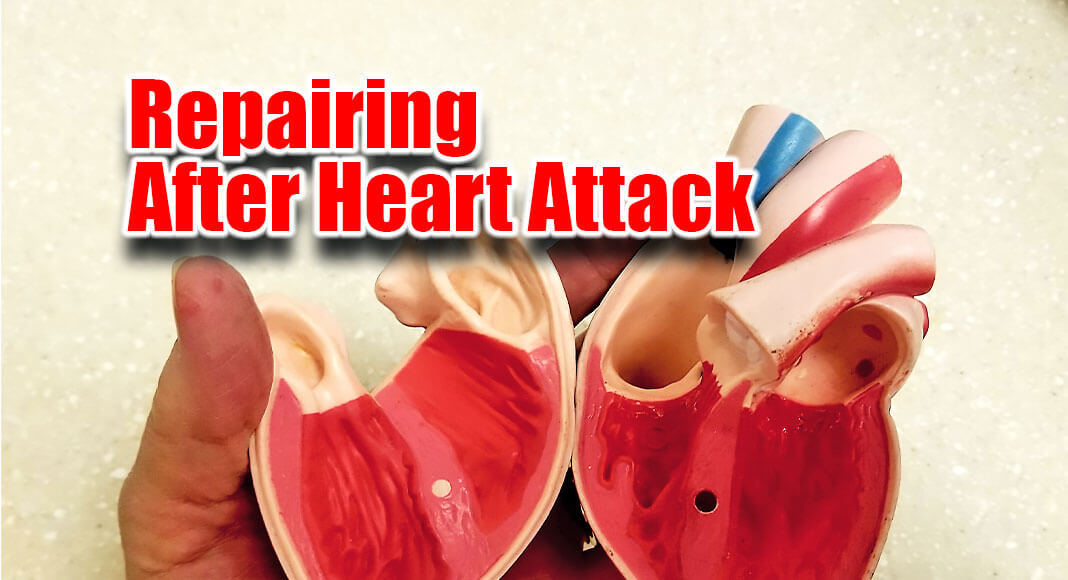
Mega Doctor News
By Ann and Robert H. Lurie Children’s Hospital of Chicago
Newswise — Immune response and the lymphatic system are central to cardiac repair after a heart attack, according to a study from Ann & Robert H. Lurie Children’s Hospital of Chicago and Northwestern University Feinberg Cardiovascular Research Institute. These insights into the basic mechanisms of cardiac repair are the first step towards developing novel therapeutic approaches to preserve heart function. Findings were published in the Journal of Clinical Investigation.
“We found that macrophages, or immune cells that rush to the heart after a heart attack to ‘eat’ damaged or dead tissue, also induce vascular endothelial growth factor C (VEGFC) that triggers the formation of new lymphatic vessels and promotes healing,” said co-senior author Edward Thorp, PhD, from the Heart Center at Lurie Children’s and Associate Professor of Pathology and Pediatrics at Northwestern University Feinberg School of Medicine. “Our challenge now is to find a way either to administer VEGFC or to coax these macrophages to induce more VEGFC, in order to speed the heart repair process.”
People who suffer a heart attack are at high risk for heart failure, even with the advances in medications to reduce mortality. This occurs in part because some macrophages that arrive at the site of damage are proinflammatory and do not induce VEGFC.
“It is a Dr. Jekyll and Mr. Hyde scenario, with ‘good’ macrophages that induce VEGFC and the ‘bad’ ones that don’t. We need to prevent the ‘bad’ macrophages from causing further damage,” said co-senior author Guillermo Oliver, PhD, Director of Feinberg Cardiovascular and Renal Research Institute – Center for Vascular and Developmental Biology, and Professor of Medicine at Northwestern University Feinberg School of Medicine. “We are working to understand more about the progression to heart failure after a heart attack, in order to intervene early and reset the course to cardiac repair.”
Research at Ann & Robert H. Lurie Children’s Hospital of Chicago is conducted through Stanley Manne Children’s Research Institute. The Manne Research Institute is focused on improving child health, transforming pediatric medicine and ensuring healthier futures through the relentless pursuit of knowledge. Lurie Children’s is ranked as one of the nation’s top children’s hospitals by U.S. News & World Report. It is the pediatric training ground for Northwestern University Feinberg School of Medicine.










